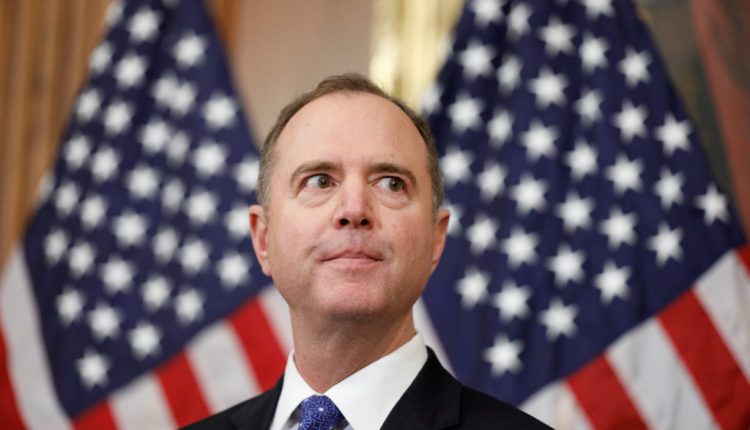A new bill in Ohio is stirring controversy by proposing felony charges for teachers and librarians who distribute materials deemed “obscene.” This legislation has ignited a heated debate over educational content, censorship, and legal ramifications for educators.
Bill Details
Introduced by conservative lawmakers, the bill targets the distribution of what it defines as “obscene materials” to minors within educational settings.
The definition is broad, encompassing sexually explicit, violent, or otherwise inappropriate content. Proponents argue that this measure is essential for protecting children from harmful influences.
Supporters’ Arguments
Supporters of the bill, including various parent groups and conservative organizations, believe it is a necessary step to ensure the safety and moral well-being of students.
“We need to safeguard our children from content that could negatively impact their development,” stated a parent advocate. They argue that educators have a duty to provide age-appropriate materials and that this bill enforces that standard.
Opposition and Concerns
Opponents, however, see the bill as a dangerous overreach that threatens educational freedom and could lead to excessive censorship. Educators and librarians worry that the vague language could encompass a wide range of materials, from classic literature to comprehensive sex education resources.

“This bill poses a serious risk to academic freedom and could severely limit the educational materials available to students,” warned a representative from the Ohio Education Association.
Legal Implications
The proposed legislation would make it a felony for educators to distribute such materials, carrying severe penalties including fines and potential imprisonment.
This has raised significant concerns about the chilling effect it could have, with teachers and librarians possibly avoiding certain subjects altogether to avoid legal repercussions.
Related Articles:
- Legal Questions Halt Holiday Raffle: Texas Town’s Rifle Fundraiser Under Scrutiny
- Mental Health Crisis Sparks Confrontation at New York Walmart in Westchester County
- Essential Tips for Staying Safe in Rip Currents: Everything You Need To Know
Public Reaction
The public response has been polarized. While some community members support the bill for its protective stance, others decry it as an attack on the educational system. Town hall meetings and public forums have seen passionate debates, reflecting the deep divisions over the issue.
The proposed bill underscores the ongoing tension between safeguarding youth and maintaining educational freedom, sparking essential conversations about the role of schools and the scope of materials they provide.

